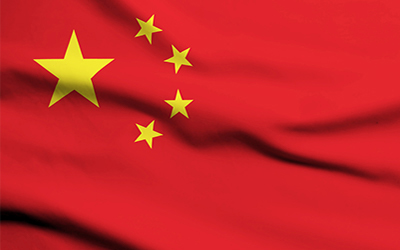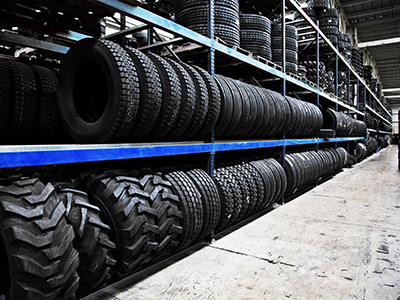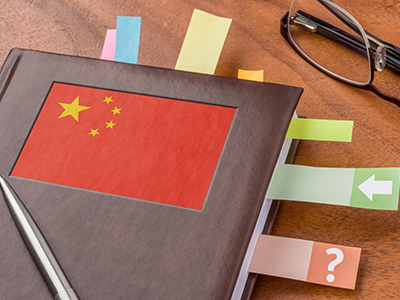In July 2018, a federal judge in Wisconsin imposed a $1.5 million penalty—the maximum statutory fine—against Chinese wind turbine manufacturer, Sinovel Wind Group Co. Ltd., for stealing trade secrets from Massachusetts-based technology company, AMSC Inc. In addition to the fine, Sinovel was sentenced to 1 year probation and ordered to pay $57.5 million in restitution to AMSC, an amount the companies had settled on prior to the ruling. Sinovel also agreed to pay $850,000 to Massachusetts wind turbine operators. READ MORE
UPDATE: Home Remedies Remain Best Medicine for Politically Charged IP Theft








